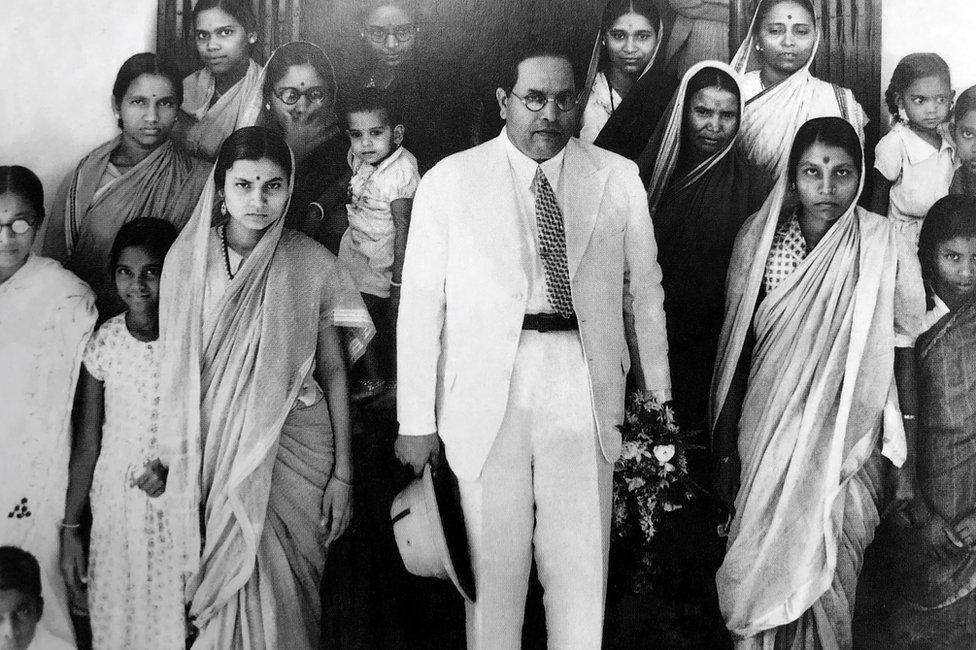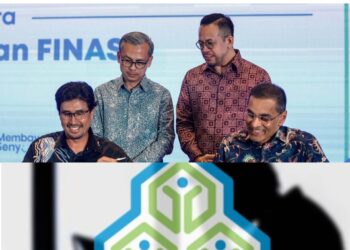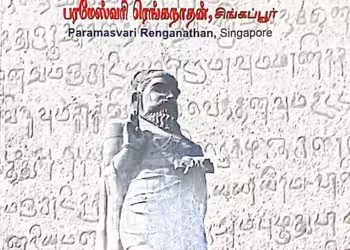“There is no nation of Indians in the real sense of the world, it is yet to be created. In believing we are a nation, we are cherishing a great delusion. How can people divided into thousand of castes be a nation? The sooner we realise that we are not yet a nation, in a social and psychological sense of the world, the better for us.”
– B. R. Ambedkar

Before there was an Indian Union, there were many nations that comprised the entirety of the Indian Subcontinent. Each person had their own sense of ethnic, linguistic, cultural, and philosophical ideologues, and way of life. It was only after the brutal and violent arrival of British imperialism that the entirety of the Indian subcontinent forcefully gained a deformed sense of imposed national consciousness that became Indian Nationalism. Many radical scholars, anti-Indian nationalists who stood for their own national liberations, and even anti-caste revolutionaries, stood against Indian nationalism. A man who shared equal speculations and criticisms of Indian nationalism, B. R. Ambedkar was the same man who became the first law and justice minister of Jawaharlal Nehru’s cabinet. Hailing from a lower caste background, B. R. Ambedkar spent his entire life working towards the abolition of caste in Indian society. Ambedkar devotedly believed that without the uprooting of caste in Indian society, there could be no Indian nation and no Indian people.

Ambedkar was an intellectual reformer who sought to undo the deep roots of caste in Indian society. Born in 1891 to army officer Ramji Maloji Sakpal and Bhimabai Sakpal, Ambedkar was raised in a Marathi Dalit (Mahar) family. He was inhumanely segregated in school and treated as a social outcast because his birth was deemed lowly by Hindu society. The scholar has two master degrees, which he obtained after presenting the theses Ancient Indian Commerce and Castes in India: Their Mechanism, Genesis, and Development. He would later be awarded a PhD degree in economics from Columbia University in 1927. He was first and foremost a scholar who analysed the social, economic, and political situations that India had undergone under Brahmanical rule. He believed that in order for a true Indian nation to emerge, equality and fraternity must be shared among all its inhabitants. He understood that the caste system operated as a vehicle of graded inequality, whereby there existed a near-infinite stream of subcastes below every caste. This existing hierarchy made it difficult to propagate for abolition, as even the Shudras, who were the lowest in the varna system, did not want to abolish caste, for it gave them authority over the Dalits, who existed outside the caste system. He didn’t want an India that was only liberated from colonialism but remained a socially caste-feudal society. He foresaw that without equality for all her citizens, India could not be deemed a liberated and democratic land.

Ambedkar, as a scholar and politician, propagated the complete annihilation of caste. He thought about this social evil analytically, studying day and night and learning Sanskrit so he could understand ancient Vedic texts. He wanted to seek a weapon that would rupture this demonic system. Ambedkar did believe in an Indian nation; he believed that the only thing that stood in the way of that materialisation was caste. To Ambedkar, caste was inherently anti-national. One of his most influential works was a speech that he was meant to deliver at a conference that was unfortunately cancelled by the organisers out of fear that they would face antagonism from Caste-Hindus who would be insulted by the text. Ambedkar would go on to publish 1500 copies of the speech as a book. This monumental work of his has been used by many readers to understand more about the foundation of caste.

This Indian Independence Day, anyone who claims to be a true patriot of the nation should be devoted to the annihilation of caste. A nation can only be built on liberty, fraternity, and equality; it is only through the establishment of all three foundational requirements that a strong national consciousness can emerge from the Indian people. Ambedkar firmly held to the belief that without caste annihilation, a strong, socially democratic Indian nation would never be able to materialise. For a nation to be truly free, every citizen on its soil should be treated with dignity and equality; only when that day arrives can true independence be celebrated. The road to freedom is an arduous one, but if one is dedicated to the liberation of one’s land and one’s people, even the impossible can be achieved.

Source: Indian Kanoon
Follow us on Instagram, Facebook or Telegram for more updates and breaking news.








